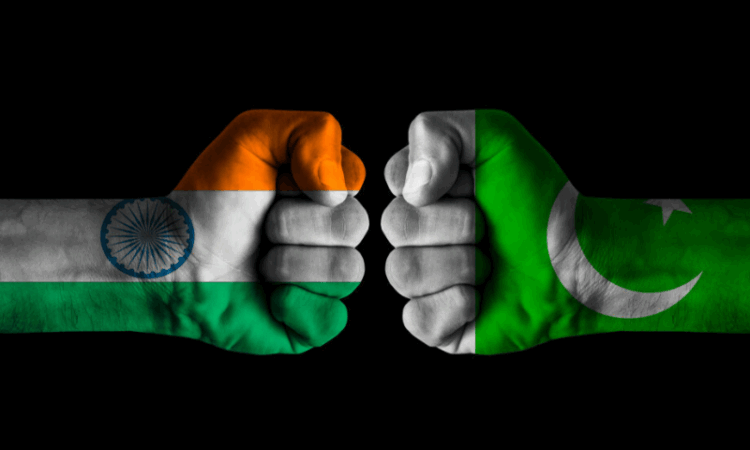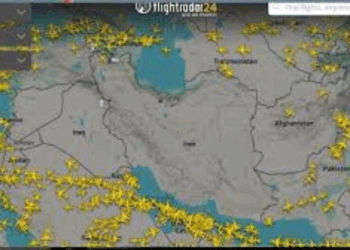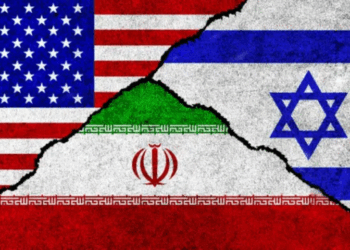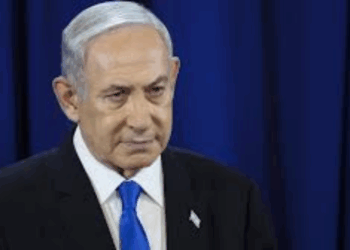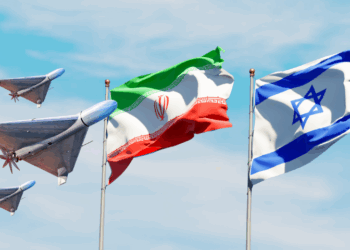New Delhi, April 28, 2025: Indian Prime Minister Narendra Modi appears to be laying the groundwork for potential military action against Pakistan, according to a report by The New York Times.
Citing Indian officials, the report noted that Modi has engaged in phone conversations with more than a dozen world leaders, while diplomats from over 100 foreign missions in New Delhi have been summoned for briefings at India’s foreign ministry.
In a speech delivered on Thursday, Modi vowed to impose severe consequences and destroy what he described as “terror safe havens,” intensifying concerns about the growing tension between the two nuclear-armed neighbors.
The NYT reported that intermittent exchanges of small-arms fire have already occurred across the Line of Control (LoC), highlighting the volatility of the situation.
The report also underscored a spike in anti-Muslim sentiment within India, with Kashmiri students across Indian cities reportedly facing harassment and pressure to return home. In Kashmir, Indian security forces have launched a sweeping crackdown, detaining hundreds in a search for those allegedly linked to recent attacks.
According to briefings given to diplomats, Indian officials reiterated long-standing accusations that Pakistan supports terrorist groups targeting India. They claimed that technical intelligence, including facial recognition data, links the attackers involved in last week’s incident to Pakistan. However, the NYT pointed out that strong, public evidence to support these claims remains lacking.
Analysts quoted in the report suggested two possibilities:
- India may need additional time to gather concrete evidence before taking action.
- Alternatively, amid global unrest, India might proceed without feeling compelled to present its case to the international community.
The report further mentioned that former Trump administration officials have voiced strong support for India’s stance against terrorism. Although President Trump has maintained friendly relations with both India and Pakistan, he has yet to appoint a U.S. ambassador to India, signaling that South Asia may not currently be a top priority for Washington.
Moreover, the NYT noted that even if the United States or other major powers sought to mediate, their ability to influence events on the ground might be limited.
India and Pakistan, both claiming the disputed Kashmir region in full, have fought multiple wars over the territory. New Delhi continues to insist that the Kashmir dispute is strictly a bilateral matter between the two countries, resisting outside intervention.


